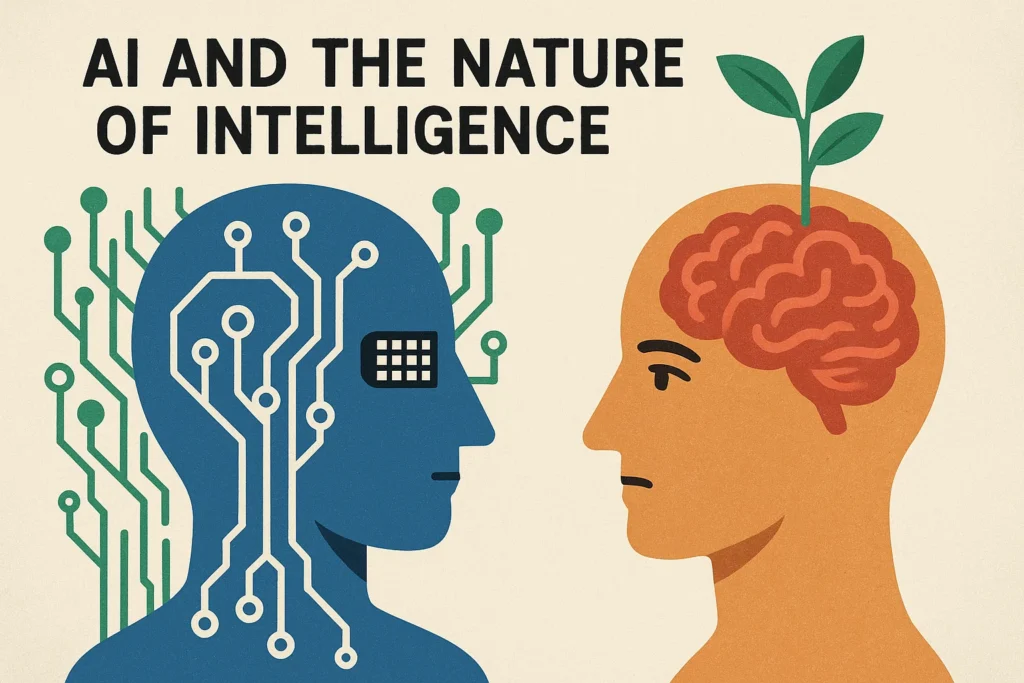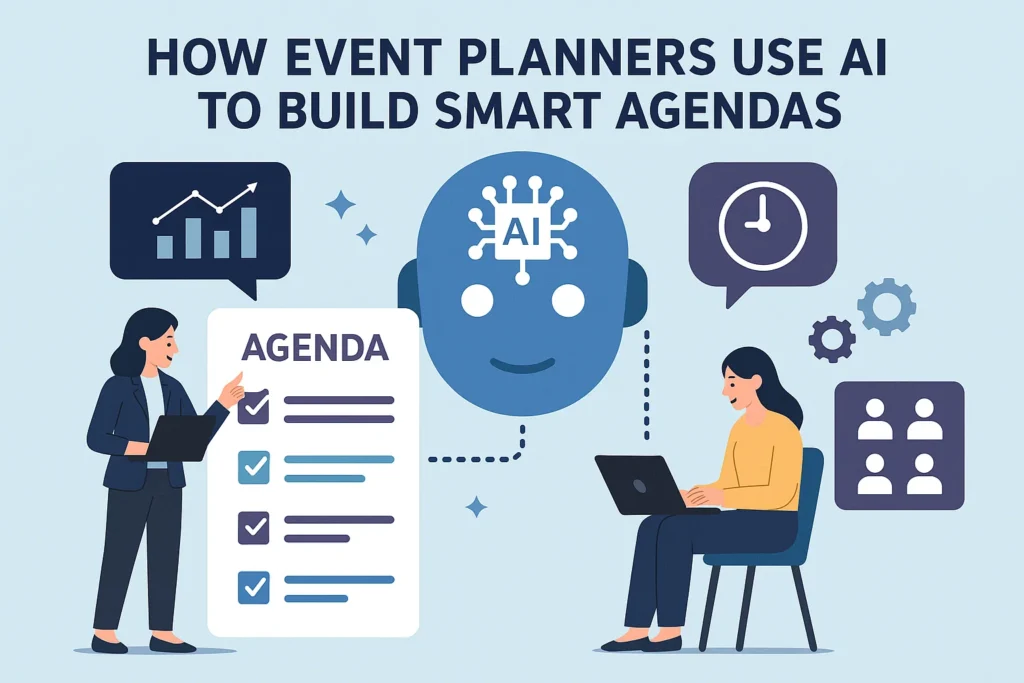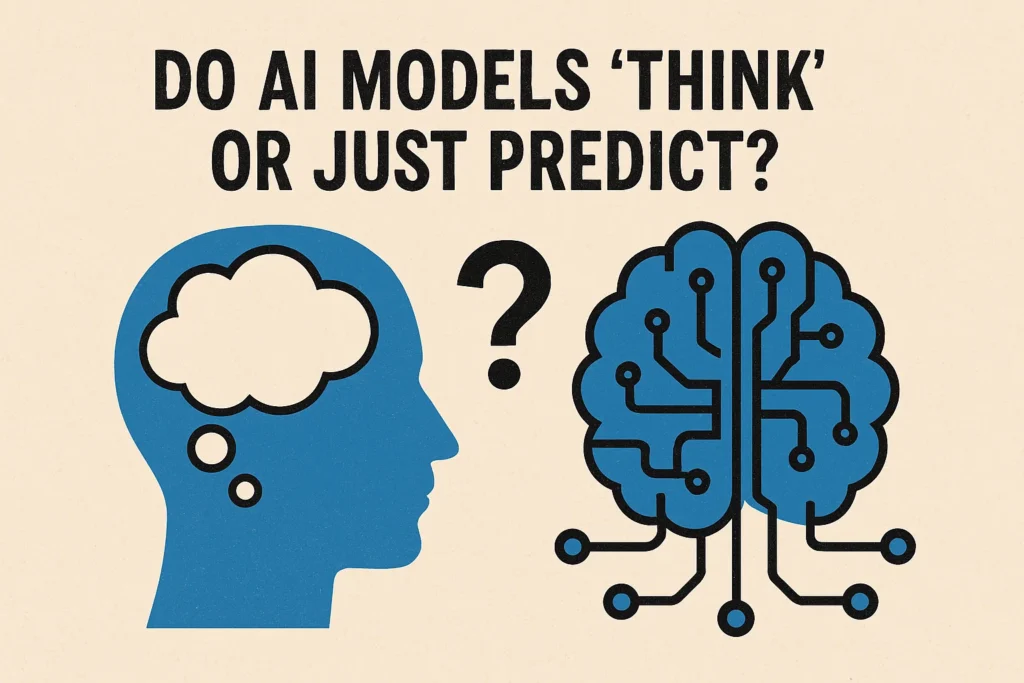🎯 Introduction
What does it mean to be intelligent? At AiBlogQuest.com, we explore the fascinating relationship between AI and the nature of intelligence. While artificial intelligence excels in computation and pattern recognition, human intelligence is deeply tied to creativity, emotion, and adaptability. The comparison raises big questions about what intelligence truly is—and whether AI can ever match or surpass human capabilities.
🔹 1. Defining Intelligence
Intelligence can be described as the ability to learn, reason, adapt, and solve problems. For humans, this also includes abstract thought and creativity, while AI relies on algorithms and data.
🔹 2. Human Intelligence vs. Machine Intelligence
Humans bring intuition, cultural context, and emotions to decision-making. AI, in contrast, is driven by mathematical models that excel at speed and scale.
🔹 3. The Role of Learning
Humans learn through experience and emotions, while AI learns through training on massive datasets. Both approaches highlight different aspects of intelligence.
🔹 4. Can AI Be Creative?
AI can produce art, music, and stories, but its creativity is bounded by patterns in training data. Human creativity, on the other hand, often stems from imagination and lived experience.
🔹 5. The Measurement Problem
IQ tests and benchmarks measure human intelligence, but AI performance metrics (accuracy, precision, recall) don’t capture whether AI truly “understands.”
🔹 6. AI as an Extension of Human Intelligence
Rather than replacing us, AI often augments human intelligence, helping us make better decisions, process more data, and unlock new possibilities.
🔹 7. The Future of Intelligence
The ongoing debate is whether intelligence is purely computational—or whether self-awareness, consciousness, and emotions are essential components that AI cannot replicate.
🔗 Useful Links – AiBlogQuest.com
❓ FAQ on AI and Intelligence
Q1: How is AI intelligence different from human intelligence?
AI is based on data and algorithms, while humans use emotions, context, and intuition.
Q2: Can AI ever achieve human-like intelligence?
AI may reach or even surpass certain cognitive abilities, but true human-like intelligence involves consciousness and emotional depth.
Q3: Why is defining intelligence important in AI research?
Because it helps scientists set clear goals for measuring progress and understanding the limits of machines.
Q4: Will AI replace human intelligence?
No. AI is more likely to complement human intelligence, acting as a powerful tool rather than a replacement.



